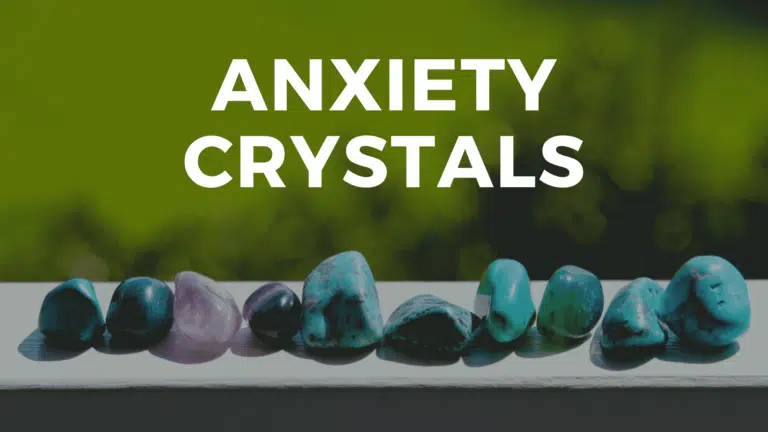Meditation for Anxiety
Published on July 30, 2020 – Last Updated on May 11, 2022
People are increasingly learning about the benefits of meditation for anxiety.
This technique has been used by people of many different backgrounds, including those with severe physical disabilities. Meditation is said to help anxiety patients cope with the symptoms of their disorder, and it also teaches them skills that they can use to prevent future occurrences. The practice is easy to learn and offers a range of benefits outlined below.
Several researchers have conducted studies to determine if meditation is an effective treatment for anxiety. Not surprisingly, the results showed that it is a good option. These are just some of the positive points derived from meditation:
1. It reduces stress and makes it easier for people to relax – Meditation lowers cortisol levels, also known as the stress hormone and the sympathetic nervous system. Both of these components are significant sources of anxiety and stress in general.
2. Meditation increases focus – People who learn how to meditate successfully can better concentrate on the tasks they are focused on without being distracted by other thoughts or worries. This allows them to stay productive even under stressful conditions, preventing anxiety from surfacing.
3. It improves your mood – Meditation also relieves tension, improves the ability to handle negative emotions, and reduces anxiety associated with depression or other mood disorders. It can even prevent these conditions from developing in the first place because it attacks them at their root cause rather than simply masking symptoms.
Benefits of meditation for anxiety
The benefits of meditation for anxiety are many. In addition to stress relief and improved sleep quality, people who learn this technique also report feeling calmer and increased self-esteem. There are plenty of other benefits that users experience.
1. Reduces stress levels – the practice is designed to calm down and help people focus more easily. This has been proven in studies where patients were asked to meditate to test its effectiveness in reducing stress levels compared with relaxation techniques that did not involve meditation. People who learn to meditate effectively can control their reactions during stressful events and gain an overall feeling of wellness.
2. Increases self-esteem – many people who use this technique say they feel more confident after learning how to quiet a mind and focus on one thing at a time. This is because meditation teaches the brain how to deal with distractions more productively. Many people who meditate for anxiety report feeling better after a session.
3. Sleep improvement – some people who learn this technique also sleep better at night. Meditation is known to decrease inflammation in the body, which improves the immune system and can help with chronic pain. Meditation helps with sleeping problems is one of the most popular reasons people take up this technique.
4. Improved focus and concentration – another benefit of meditation is that it helps people become more focused in all areas of their lives. It teaches them how to keep themselves in check, so they can be productive members of society and feel happier as a result. People who learn to meditate effectively can pay attention to details and accomplish tasks with fewer distractions.
Summary of benefits
In summary, the benefits of meditation for anxiety are many. The best part is that this technique is not hard to learn and offers more advantages than disadvantages. There are no real side effects from meditating for a few minutes per day except an improvement in the quality of life.
Check out our 10 best apps for anxiety blog post, where we review the top apps you can use to cope with anxiety.
The benefits of meditation for depression
Studies have shown that meditation can reduce blood pressure and the risk of heart disease. It also offers a sense of well-being and calmness to people who suffer from depression. In addition, individuals learn new ways to cope with their condition since meditation focuses on the present moment instead of past events. The practice has also been proven to help people with chronic pain due to its ability to control anxiety, one of this disorder’s main symptoms.
Conclusion: Studies show that meditation can help in the fight against depression and anxiety. It is an easy technique to learn, and it offers a range of health benefits outlined above.
Here we will post a collection of meditations for stress, anxiety, fear, and worries.
Stop being afraid and let go of anxiety with a premium guided meditation.





